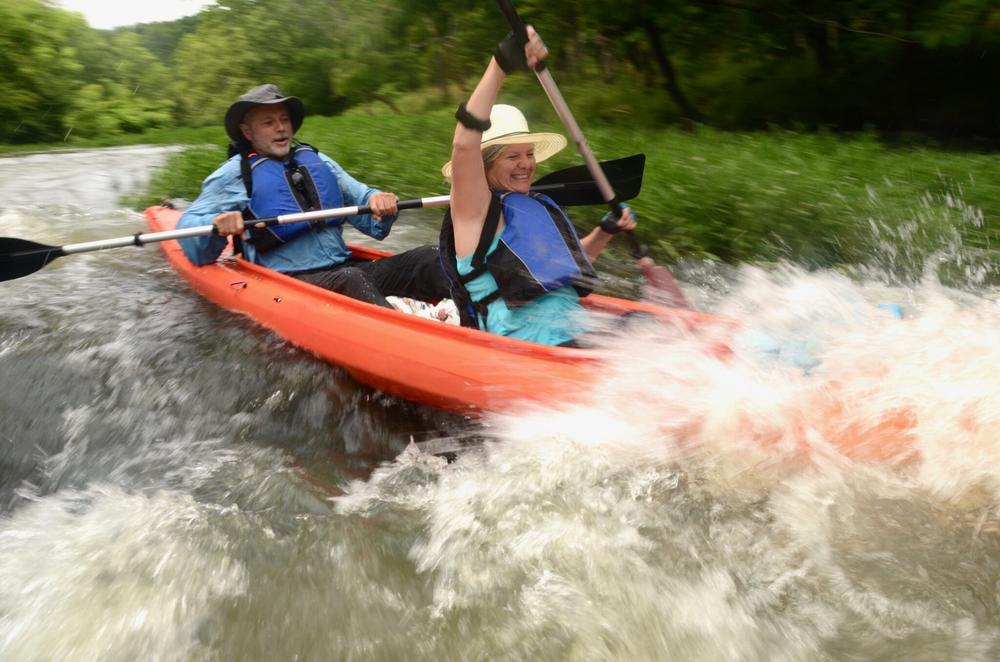
Caption
Paddling groups have raised concerns that a new proposal could greatly curtail Georgians’ ability to paddle and explore some of the state’s premiere paddling destinations like South Chickamauga Creek in North Georgia.
Credit: Photo courtesy of Georgia River Network

